African governments must end corruption and illicit capital flows that cost the continent more than $580 billion annually if they’re to deal with a debt pile that’s approaching $2 trillion, according to the head of the African Development Bank.
While nations also need access to more concessional financing — and debt-restructuring where necessary — curbing outflows is crucial, Akinwumi Adesina, the lender’s president, said in an interview last week.
“It doesn’t matter how much water you pour into a bucket if the bucket is leaking,” he said in Maputo, Mozambique’s capital. “If you’re able to reduce the leakages to illicit capital, also corruption and all of these things, Africa will be able to keep a lot of these resources and meet the amount of infrastructure it needs.”
The AfDB estimated in May that Africa loses about $1.6 billion daily to what it termed “financial leakages.” That figure includes the loss of $90 billion a year to illicit financial flows, with $275 billion “siphoned away” by multinational corporations shifting profits, and $148 billion going astray because of corruption.
The continent faces an annual infrastructure backlog of as much as $170 billion — which will be critical to address for economic development and job creation.
Yet many governments are grappling with the rising cost of servicing loans, which is at the highest level since the last debt crisis in the early 2000s, according to a working paper by the Boston University Global Development Policy Center and the Institute for Economic Justice.
More than half of African governments spend more on interest payments than public health, it found.

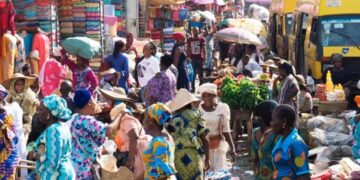





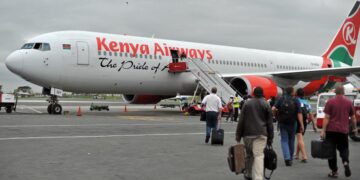


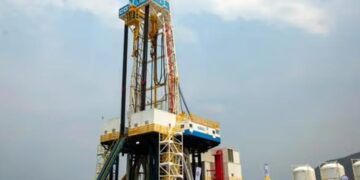
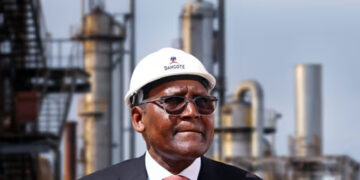
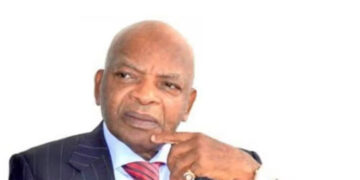

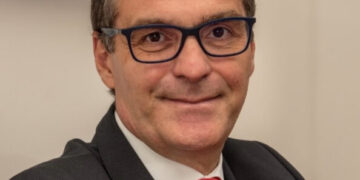



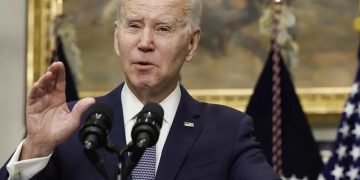
![[Kenya] Digital credit provider Tala disbursed Sh240 billion in loans in eight years 19 [Kenya] Digital credit provider Tala disbursed Sh240 billion in loans in eight years](https://theafricanbusiness.com/wp-content/uploads/2023/02/TALA-APP-360x180.jpg)













